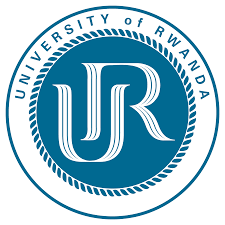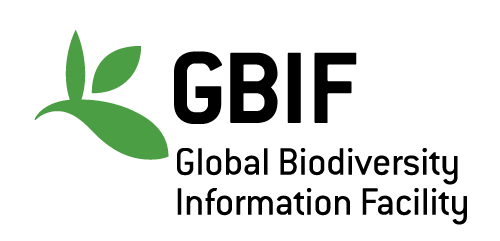
African Plants Portal - Rwanda specimens (NSF-APP)
The Tropical African Plants Project is a large-scale effort designed to establish an important new biodiversity data resource. The initiative began with a proof of concept project, supported by the JRS Biodiversity Foundation, and led by Prof. Alex Asase (University of Ghana), which resulted in the digitization of more than 250,000 biodiversity data records from European and West African herbaria. The present effort, supported by the U.S. National Science Foundation, will lead to the digitization of more than 1.1M herbarium specimens and associated data records from across tropical Africa housed in 21 U.S. herbaria.
Specimens from the following countries are being targeted in this digitization project: Angola, Benin, Burkina Faso, Burundi, Cameroon, Central African Republic, Chad, Congo, Cote D'Ivoire, Democratic Republic of the Congo, Djibouti, Equatorial Guinea, Eritrea, Ethiopia, Gabon, Gambia, Ghana, Guinea, Guinea-Bissau, Kenya, Liberia, Malawi, Mali, Mozambique, Niger, Nigeria, Rwanda, Sao Tome and Principe, Senegal, Sierra Leone, Somalia, South Sudan, Sudan, Tanzania, Togo, Uganda, and Zambia. However, specimens from other countries may also be digitized as part of efficient workflows.
This data set contains only Rwanda specimen records, they have been amended to reflect more accurate geographic localities (Province and District names). Thirty-three catalog numbers were updated to remove duplicates (US 2375280a, US 2375280b, US 2375423, US 2375425) and omissions.
Specimens from the following countries are being targeted in this digitization project: Angola, Benin, Burkina Faso, Burundi, Cameroon, Central African Republic, Chad, Congo, Cote D'Ivoire, Democratic Republic of the Congo, Djibouti, Equatorial Guinea, Eritrea, Ethiopia, Gabon, Gambia, Ghana, Guinea, Guinea-Bissau, Kenya, Liberia, Malawi, Mali, Mozambique, Niger, Nigeria, Rwanda, Sao Tome and Principe, Senegal, Sierra Leone, Somalia, South Sudan, Sudan, Tanzania, Togo, Uganda, and Zambia. However, specimens from other countries may also be digitized as part of efficient workflows.
This data set contains only Rwanda specimen records, they have been amended to reflect more accurate geographic localities (Province and District names). Thirty-three catalog numbers were updated to remove duplicates (US 2375280a, US 2375280b, US 2375423, US 2375425) and omissions.
Contact: A. Townsend Peterson, University of Kansas; updated by Michael B Thomas, National Herbarium of Rwanda (herbariumNHR@gmail.com)
Home Page: https://african-plants.org/
Collection Type: Preserved Specimens
Management: Data snapshot of local collection database
Last Update: 2 April 2025
Digital Metadata: EML File
Usage Rights: CC BY-NC (Attribution-Non-Commercial)
Rights Holder: Public Domain
Access Rights: Public Domain
Collection Statistics
- 6,738 specimen records
- 737 (11%) georeferenced
- 4,457 (66%) identified to species
- 187 families
- 665 genera
- 1,314 species
- 1,361 total taxa (including subsp. and var.)
Copyright (c)2020. Data portal development has been supported through the cooperation of Biocultural Diversity International and the National Herbarium of Rwanda (NHR)
at the Center of Excellence in Biodiversity and Natural Resources Management (CoEB).
We are currently actively seeking additional funding for this project.
Powered by Symbiota software with site management and data curation support by Michael B. Thomas, PhD. Usage Policy.



